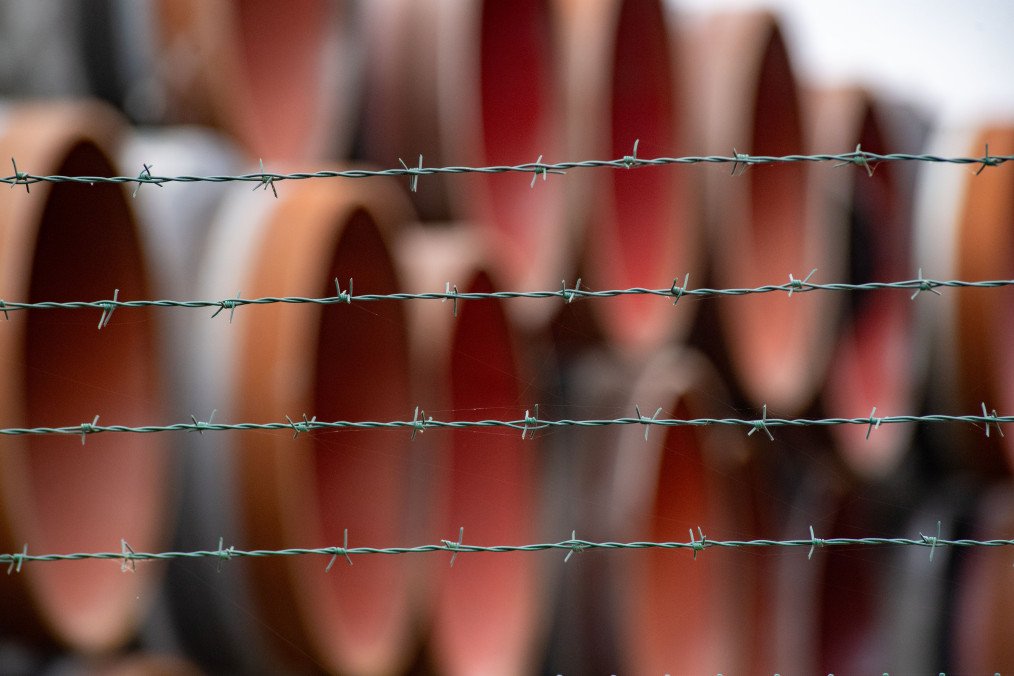- Category
- Latest news
EU to Unveil Long-Delayed Plan to Cut Russian Energy Imports on May 6

The European Union is set to unveil a long-delayed strategy to phase out Russian oil and gas imports on May 6, according to Reuters. The release of the plan, which has already been postponed twice, outlines how the bloc intends to end its reliance on Russian fossil fuels by 2027—a pledge made in response to Russia’s full-scale invasion of Ukraine.
Sources within EU institutions told Reuters that the delay is partly due to uncertainty surrounding US trade policy under President Donald Trump. The EU recently postponed retaliatory tariffs against the US for 90 days, and energy trade is expected to be a key topic in upcoming negotiations between Brussels and Washington.
Although pipeline gas imports from Russia have sharply declined since 2022, the EU increased its purchases of Russian liquefied natural gas (LNG) in 2024, reaching a record high. Last year, Russia still accounted for 19% of the EU’s total gas and LNG supply.
Unlike oil, Russian gas imports have not been subject to EU sanctions. Hungary has vowed to block any such measures, which require unanimous approval from all member states. Other governments have also signaled reluctance to support a full ban on Russian LNG without reliable alternative sources in place.
-66a2900a622e096cca7808c9e73e093f.jpg)
So far, the European Commission has not disclosed which specific tools or policies will be included in the upcoming roadmap to accelerate the shift away from Russian energy.
Completely cutting out Russian gas would require ramping up imports from the US and other suppliers. The EU has already indicated its willingness to increase LNG imports from the United States. President Trump, for his part, has said US energy exports to Europe would be a central tool in reducing the trade deficit with the EU.
American LNG played a crucial role in offsetting Europe’s gas shortages during the 2022 energy crisis. In 2024, the US became the EU’s third-largest gas supplier, after Russia and Norway.
Still, some European business groups and diplomats are concerned that overdependence on American gas could become a strategic vulnerability—especially given Trump’s repeated suggestions that energy exports could be used as leverage in future trade talks, Reuters wrote.
Meanwhile, top executives at major European companies have begun suggesting that limited imports of Russian gas—including supplies from state-owned Gazprom—could resume in the future, according to Reuters on April 14.
-c6522ae9e5320af1cc92504c0aaa1b34.png)

-11b58f58a83d9b0f8fe40066449b041e.jpeg)






-72b63a4e0c8c475ad81fe3eed3f63729.jpeg)